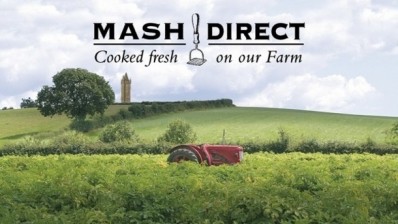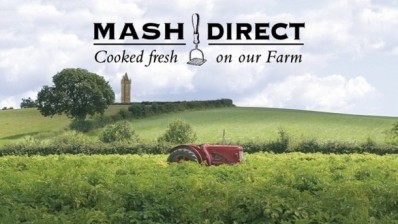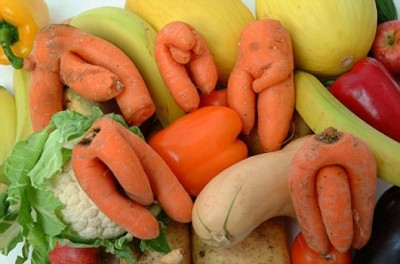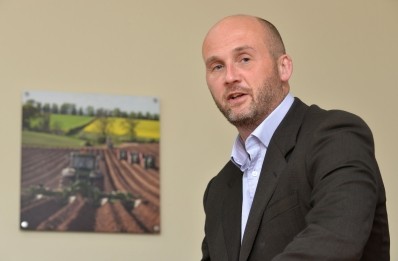Potato firm boosts production with £2M investment
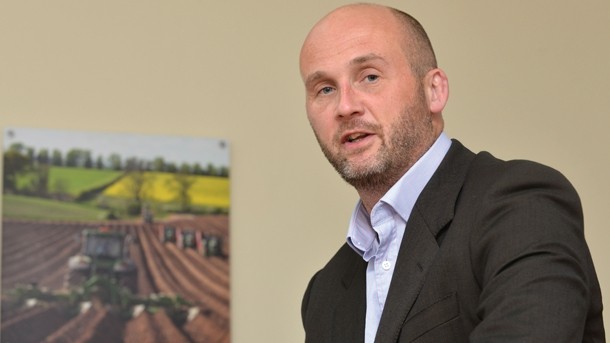
Celebrity chef Heston Blumenthal’s cooking style has an affinity with the way potatoes are processed at Greenvale’s Swancote manufacturing site in Telford, according to the facility’s director David Farley.
In fact, if Blumenthal had a mashed potato factory, it would no-doubt be like Swancote’s facility, Farley jokes.
“I would like to say that Blumenthal copied us,” he says. “When Heston makes mash he will part-cook the potatoes, cool them and then cook them again. He believes that produces the most consistent mash and that’s effectively what we’re doing here.”
Any similarities between Blumenthal and Swancote stop at mashed potato, however. Whereas Blumenthal uses high-quality ingredients, Swancote peels, processes and cooks reject potatoes to make ingredients, such as mash and potato cubes for other processors and food manufacturers.
The £9M turnover company, which was bought by Greenvale from its founding owner in 2007, supplies major retailers as well as food manufacturers such as Oscar Mayer. Around 80 people are employed at the site, which operates 24 hours-a-day six days-a-week and will mark 20 years of operation in the New Year.
Farley, who started life in the food industry as a national account manager for Kettle Produce in 2002, has worked at various levels for several fruit and vegetable companies over the past 12 years, before finally becoming Swancote’s general manager in 2010 and unit director in last year.
Bad spuds (Return to top)
Most of the potatoes processed at the site are rejects from the various pre-packed potato operations owned by its parent company Greenvale, which would have been thrown away otherwise, Farley explains.
“People buy pre-packed potatoes visually and when you grow a crop of potatoes you get good spuds and bad spuds. The bad ones would have gone to waste historically, but when you take the skin off a bad spud, it looks the same as a good one, which is what our business is about.”
Such an ethos is useful when potato prices haven’t been stable over the past five years, Farley claims. “The potato market is on the floor at the moment.” This is despite the fact that two years ago the UK had its smallest potato harvest as a result of disease and poor weather.
“However, this year we are looking at a very good harvest with a good quality crop and high yields for the second year in a row, so there’s a lot of pressure on us at the moment – price – wise which will keep us on our toes.”
Despite a potential oversupply of potatoes this year, which could be ruinous for some potato businesses, Farley is confident it won’t have much of a negative effect on Swancote.
First of all, he explains, Swancote is using a product that would have otherwise been thrown away. Second, any other potatoes it may have to buy in are acquired at a price previously agreed by Swancote and its supplier only 30% of Swancote’s potatoes are bought from external suppliers. “And third, there’s growth in the prepared sector, so people are moving towards pre-cooked convenient foods, which is the market we're supplying.”
Much of Swancote’s growth during tough pricing times will rely on its ability to sell to this expanding sector, he says. But, just in case, Farley is already scoping out new contracts to supply local authorities and make better use of any spare capacity at the site.
Investment (Return to top)
To ensure the site is able to keep up with any additional demand that may come from new business, Greenvale has invested more than £2M into its processing and packing capabilities over the past two years, he says.
Historically, the site processed between 10,000t and 15,000t of potatoes a year. Yet Farley’s drive to maximise output and increase efficiencies upped the business’s output to 18,500t last year, “but we could confidently do 22,000t a year after the investment”, he says.
Initially, growth was achieved by maximising efficiencies, rather than exhausting its capabilities, Farley explains. After Greenvale saw how much more capacity the site could handle, it agreed to invest in new machinery.
“The £2M is being spent on bigger and better boilers, more automation and new packaging equipment. Because this will be more modern than the 20 year-old equipment we currently have, it will also make it easier to clean the factory. But it’s mostly allowing us to be confident in using our full capacity.”
Some of the investment has already been spent on Swancote’s processing lines, which has decreased downtime by 37% on one of its lines. When its second line is upgraded in the New Year, Farley expects similar savings “and when you add on other efficiency savings, the site is moving in a good direction”.
No new jobs will be created as a result of the £2M investment to upgrade the site’s manufacturing facilities, however, a second investment plan could create several new jobs, Farley predicts.
Animal food (Return to top)
Around 12,000t of waste is produced from the 30,000t of potatoes processed by Swancote annually. It is not fit for use in the human food chain and discarded as a result. However, a second £400,000 investment will see Swancote, in conjunction with the animal feed company KW Alternative Feeds, turn this waste into profitable feed for animals, Farley adds. The animal feed will be marketed and sold by KW Alternative Feeds as a high-starch product.
“Starch is a big part left over from our process, but it’s very high in energy and we’ve actually been putting it down the drain [after cleaning],” he says. “We were having a lot of our waste removed at cost and we realised that we had to do something to make it cost-neutral and to save the business a significant amount of money.”
Any starchy liquid and other waste left over from the site will pass through a centrifuge to spin out the water and concentrate it into a dry-matter potato starch product. It will then be marketed as Severn Starch – named after the River Severn, which runs close to Telford – and will be sold to local beef and dairy producers.
The new process will allow Swancote to claim that a larger proportion of its crop is used in the food chain, while wasting nothing, he adds.
“We did think about making a starch product for the human food chain,” Farley says when asked if there were alternative uses. “But considering we’ve already processed the product – so we’ve cooked it – it is difficult to extract that starch in a marketable format to be used in food for humans – it’s just too complicated.”
Now efficiencies, as well as the site’s food waste, are improving, Farley will focus on trying to increase the shelf-life of Swancote’s products, he says.
“For our fresh-cooked, we do a maximum of six days’ life as it is, but we are looking to find a way to get more life. Whether that’s boosting production efficiencies further or making longer production runs, we want to do it.”
However, extending product shelf-life is a distant dream at the moment, Farley admits, but running a business that prepares one food product in a similar way to Blumenthal will surely provide him with a high-quality solution to his problem soon.
Listen to our exclusive podcast with Farley to hear how he managed to increase the site’s efficiencies.
